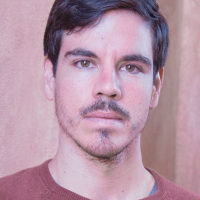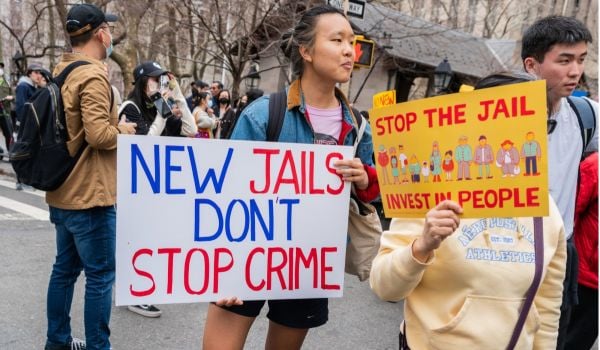Three years ago, in New Castle, Pennsylvania, District Attorney Joshua Lamancusa was at a hearing for a 29-year-old who’d been falling behind on his court bills. If he kept missing the payments he risked ending up in jail, so Lamancusa asked him what was going on.
“He said he couldn’t get a job. And I asked him, ‘Have you applied?’ And he said he’d applied to 28 different places and was denied employment from all 28 because he had a felony conviction,” Lamancusa remembers.
Doubting the man’s story, Lamancusa asked him to provide copies of all the applications he’d submitted to no avail. If he could do that, Lamancusa would try to persuade the judge to be lenient.
When the man returned with the 28 applications in a fat stack, Lamancusa was taken aback. “Every one had been denied because he had been convicted of a felony 10 years ago for a drug charge,” he says. “At that point, I realized we needed to do something about this.”
So in May 2014, Lamancusa stepped outside the sphere of typical DA duties and requested a grant from a local community foundation for a job program he named “Jail-to-Jobs.” The goal: Put 100 citizens returning from prison into the workforce by the following year.
The program is now nearing the end of its third year, and Lamancusa says it’s put a little over 260 people into full-time jobs with local employers, with nearly two-thirds of those finding work in New Castle. (About 50 miles outside of Pittsburgh, New Castle is the most populous city and seat of Lawrence County.)
“We drafted [the program] ourselves,” says Lamancusa. “District attorneys don’t usually engage in this, but it just was a need we had in our community.”
In 2013, Pennsylvania as a whole reported a three-year recidivism rate of 60 percent. But research like this 2016 study by Harvard law professor Crystal S. Yang suggests that counties with ample work opportunities for returning citizens produce the lowest rates of recidivism.
That’s what Lamancusa recognized when he saw that stack of rejected applications. “If someone had an opportunity to make a living, to put food on the table, then they wouldn’t have to turn back to the streets,” he says.
Jail-to-Jobs partners with regional businesses, running the gamut from pizza places to construction contractors to regional corporations, to build up these career pipelines. “Some of the people who come into our program, they’ve never worked. They’ll be 30 years old, and they’ll never have held a job,” he says. The approach there is to start them off in a minimum wage role — working a cash register or landscaping for the county — and then have them work for six or seven months until they build up just enough experience to compete for a higher-paying gig.
The district attorney’s office also works with local workforce development services, like Pennsylvania CareerLink, to pair job seekers with employers outside Jail-to-Jobs.
Its one annual grant of $50,000 just covers a salary for a head coordinator, the one and only employee, but Jail-to-Jobs plans to expand its employer base again this year. A bond policy for employers that hire ex-inmates helps to encourage more participants. In Pennsylvania, businesses can get up to $5,000 in insurance from the federal government if they hire an employee considered “high risk” or returning from prison. It’s a light guarantee that’s intended to “protect from loss of money or property due to employee dishonesty.”
That, plus the fact that workers are vouched for by the highest level of law enforcement in the county, have helped entice more than 40 employers into welcoming job seekers through the DA’s flagship (and only) jobs program.
Lamancusa says traditional job training programs and district attorneys nationwide could look to what they’ve done because it’s a sign of what can come when government offices step outside their bureaucratic comfort zones for the good of the community.
“It’s great because it’s putting people back [in society], helping the local tax base, helping our local community in that [ex-inmates aren’t] at risk to commit additional crimes,” he says. “We’re not going to arrest our way out of this problem. We have to make sure we’re allocating resources to the other end of the spectrum.”
The Equity Factor is made possible with the support of the Surdna Foundation.

Johnny Magdaleno is a journalist, writer and photographer. His writing and photographs have been published by The Guardian, Al Jazeera, NPR, Newsweek, VICE News, the Huffington Post, the Christian Science Monitor and others. He was the 2016-2017 equitable cities fellow at Next City.

















